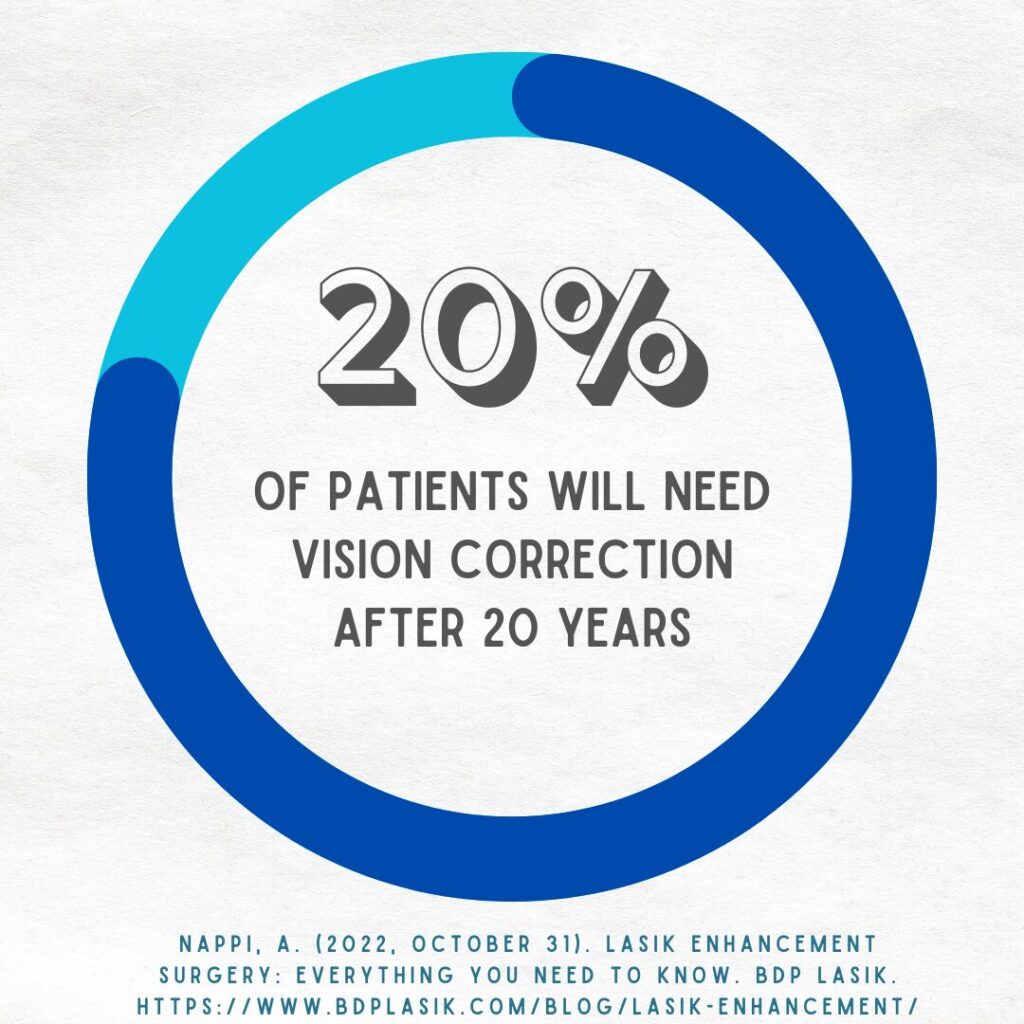Longevity of Corneal Refractive Surgery: What You Need to Know

Corneal refractive surgery, encompassing procedures like LASIK, PRK, and SMILE, has revolutionized the way we approach vision correction. For many, it’s a gateway to a life free from the hassle of wearing glasses or contact lenses. Many patients wonder about the longevity of corneal surgery and if it is a permanent fix. Let’s dive into the average length of refractive surgery and what you should consider to ensure your vision stays sharp.
Understanding Refractive Surgery
Refractive surgery, for instance, aims to correct common vision problems such as myopia (nearsightedness), hyperopia (farsightedness), and astigmatism. Specifically, it does so by reshaping the cornea, thereby improving how light is focused on the retina. Popular methods include:
LASIK (Laser-Assisted In Situ Keratomileusis)
This procedure involves creating a thin flap in the cornea via laser, reshaping the underlying tissue with a laser, and then repositioning the flap.
PRK (Photorefractive Keratectomy)
Instead of creating a flap, PRK involves removing the outer layer of the cornea (epithelium) before reshaping the cornea with a laser.
SMILE (Small Incision Lenticule Extraction)
A newer technique that involves creating a small lens-shaped piece of corneal tissue within the cornea and removing it through a tiny incision.
What Is the Longevity of Refractive Surgery?
According to information posted from the Cleveland Clinic in 2022, while the effects of LASIK surgery are permanent, the benefits can decrease over time. For most patients, the results of this surgery will last a lifetime. However, on average, results tend to last about 12-15 years before small changes in vision begin to appear. Here’s a closer look at what influences the longevity of your results:
Stability of Results
LASIK: Studies show that over 90% of LASIK patients achieve 20/25 vision or better, which is considered satisfactory for most daily activities. Results generally stabilize within a few months post-surgery, and the effects are long-lasting. However, a small percentage of patients may experience some regression sooner than the average lifespan of LASIK corrected vision.
PRK: Similar to LASIK, PRK yields long-term results with a high percentage of patients achieving excellent vision. The healing process can take a bit longer compared to LASIK – 1 month to 1 year, but the stability of vision correction is comparable.
SMILE: As a newer technique, SMILE has shown promising results in terms of long-term stability. Research indicates that it provides lasting vision correction with less likelihood of dry eye issues compared to LASIK. Unlike LASIK and PRK, SMILE is not repeatable so your doctor may recommend one of the other procedures in case you are susceptible to regression.
Age and Vision Changes
Presbyopia: As people age, they may develop presbyopia, a condition that affects near vision and your ability to see up close. This typically starts in the mid-40s and is unrelated to refractive surgery. It’s important to understand that while refractive surgery can improve distance vision, it does not stop age-related changes that impact near vision. Most patients who undergo refractive surgery that have presbyopia need reading glasses, or cheaters, post-surgery.
Progressive Myopia: In younger patients, there’s a risk of myopia progression. While refractive surgery can correct existing myopia, it may not prevent future changes in vision if myopia continues to progress. Most patient’s with myopia tend to stabilize around the ages of 18-20.
Lifestyle and Eye Health
Preserving eye health and shielding your eyes from injury and environmental factors can help extend the longevity of your results. Regular check-ups and following your ophthalmologist’s advice are crucial.
Technological Advances
The field of refractive surgery is constantly evolving. New techniques and improvements in technology may enhance the effectiveness and longevity of vision correction. Staying informed about advances and consulting with a skilled surgeon can help ensure the best possible outcomes.
Maintaining Optimal Results to Improve Longevity

About 10-12% of patients nationwide will need enhancement surgery because of physical changes to the eye/eyes. To maximize the longevity of your refractive surgery results, consider these tips:
Regular Eye Exams
Even after surgery, routine check-ups are essential to monitor eye health and address any issues promptly.
Protect Your Eyes
Wear sunglasses to shield your eyes from UV damage and protect them from potential injury.
Follow Post-Surgery Care
Adhere to the care instructions provided by your surgeon, including using prescribed eye drops and avoiding certain activities during the healing process.
Conclusion
Refractive surgery offers a long-lasting solution for many people seeking freedom from glasses and contact lenses. While the majority of patients enjoy excellent and stable vision for years, factors such as age, lifestyle, and ongoing changes in eye health can influence the duration of results. Staying informed and proactive about your eye health will help you make the most of your refractive surgery and maintain clear vision for the long haul. We pride ourselves on being an educational-based facility. Schedule your free consultation with us today to better understand the longevity outcomes of your vision!
